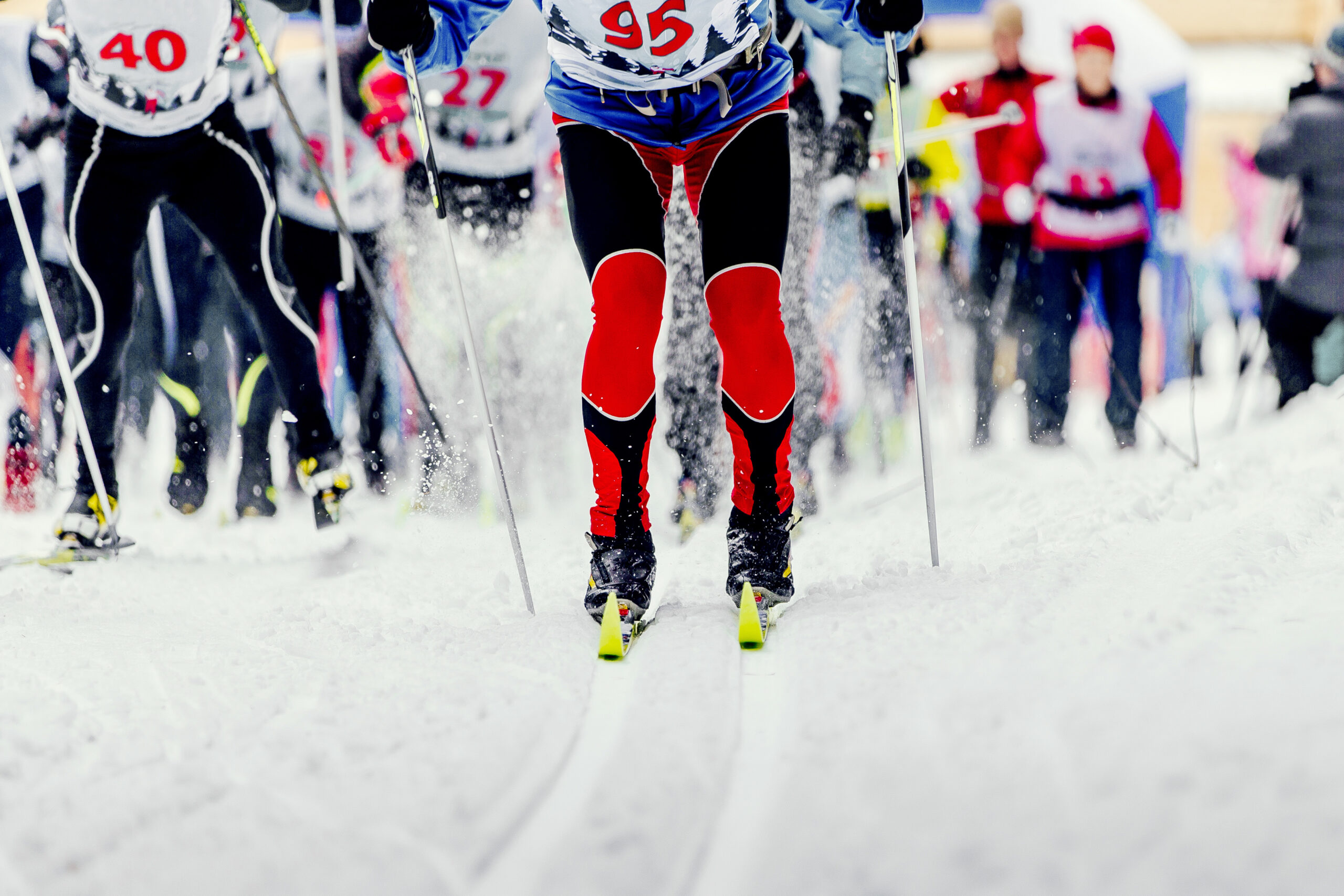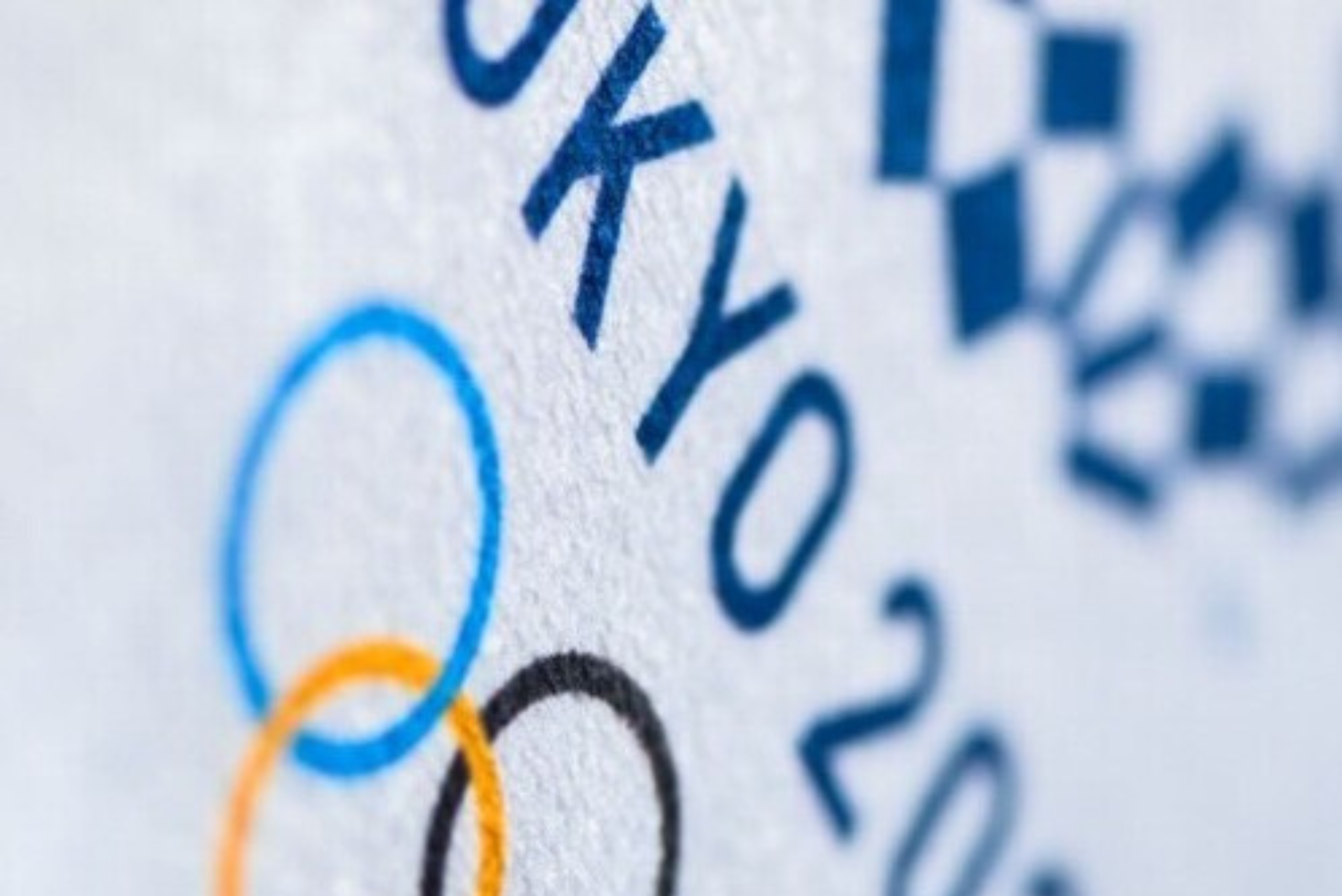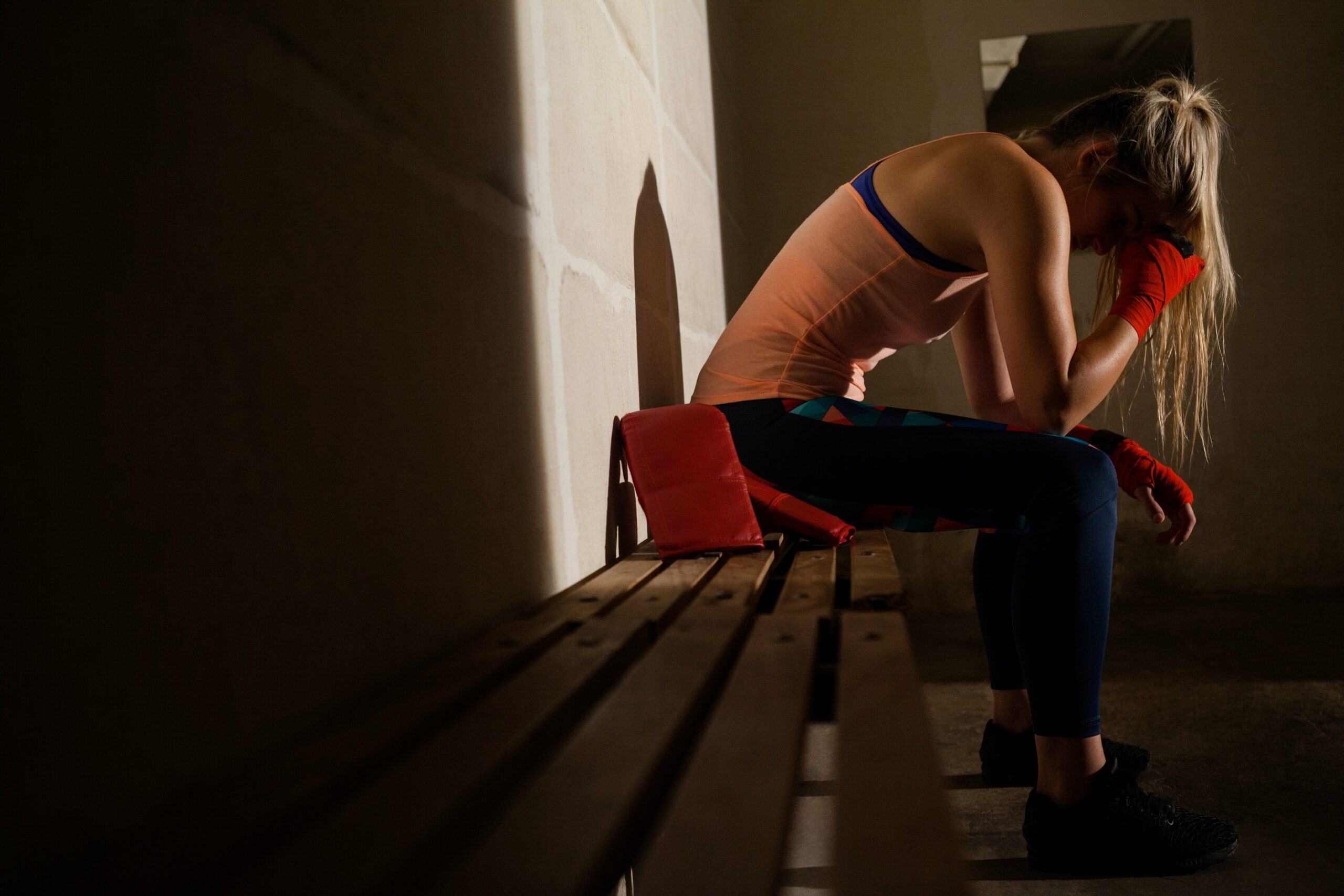Winter SIRCuit
With Bell Let’s Talk Day on Jan. 26, mental health support is top of mind across the country. In line with this theme, this SIRCuit edition puts the spotlight on mental health advancements in Canadian sport, including insights from researchers and sport practitioners alike.
IN THIS ISSUE

Shortly after the first National Day for Truth and Reconciliation, SIRC sat down with Dr. Sharon Anne Firth, a residential school and Indian Day School survivor, to discuss the topic of mental health, her experience as a 4-time Olympian, and what truth and reconciliation mean to her. We also invited Dr. Chantale Lussier, a highly sought-after mental performance consultant, to be a part of this conversation. Learn more about mental health considerations for Indigenous sport participants, and what those considerations mean for truth and reconciliation.

The global COVID-19 pandemic increased stress and pressure for everyone working tirelessly to make the Tokyo Olympic and Paralympic Games a success. For Bell Let’s Talk Day, SIRC worked with Teddy Katz to share stories and lessons learned from the people responsible for mental health for Team Canada in the lead-up to and during the Tokyo Games.

Evidence suggests that university student-athletes experience poor mental health at higher rates than the general population. To better understand and support mental health in university sport, a research team at the University of Alberta studied how mentally healthy student-athletes approached their sport season. Learn how university-student athletes can structure their season to promote mental health, and what coaches and sport administrators can do to help.

Mental health is a key performance factor for athletes’ success in sport. Yet challenges such as stigma and resource access often stand in the way of mental health support for athletes. Learn how the Mental Health Strategy for High Performance Sport in Canada is helping sport leaders and stakeholders integrate mental health into strategic plans and practices for reaching the podium.

Mothers are often the primary parent to provide support for and facilitate their child’s sport activities. But the time and energy required for this role can come at a cost to mothers’ physical and mental health. Discover how organized youth sport programs can help promote moms’ wellbeing through opportunities to lead, socialize with others, experience pride and happiness, strengthen family ties and engage in healthy behaviours.